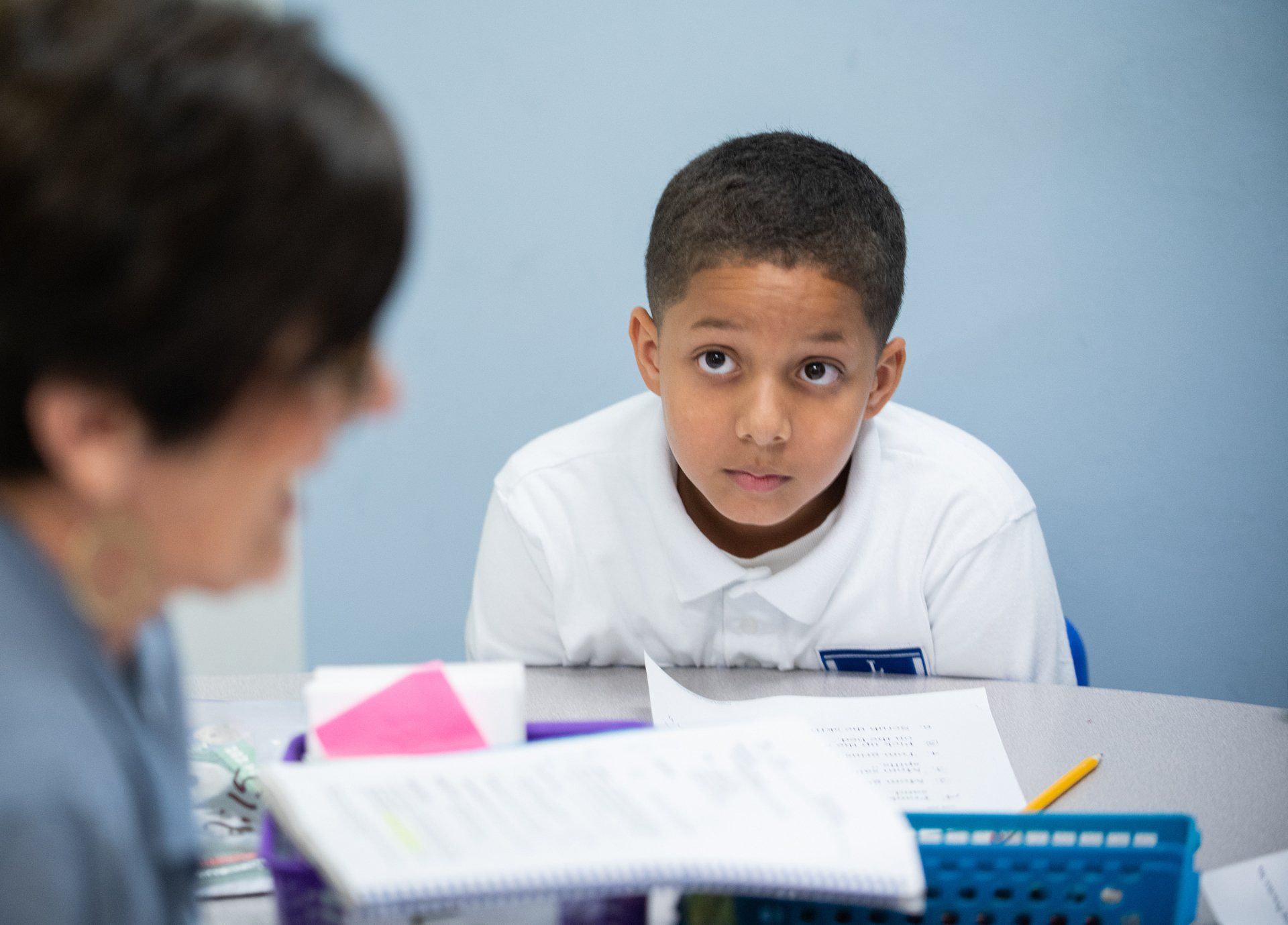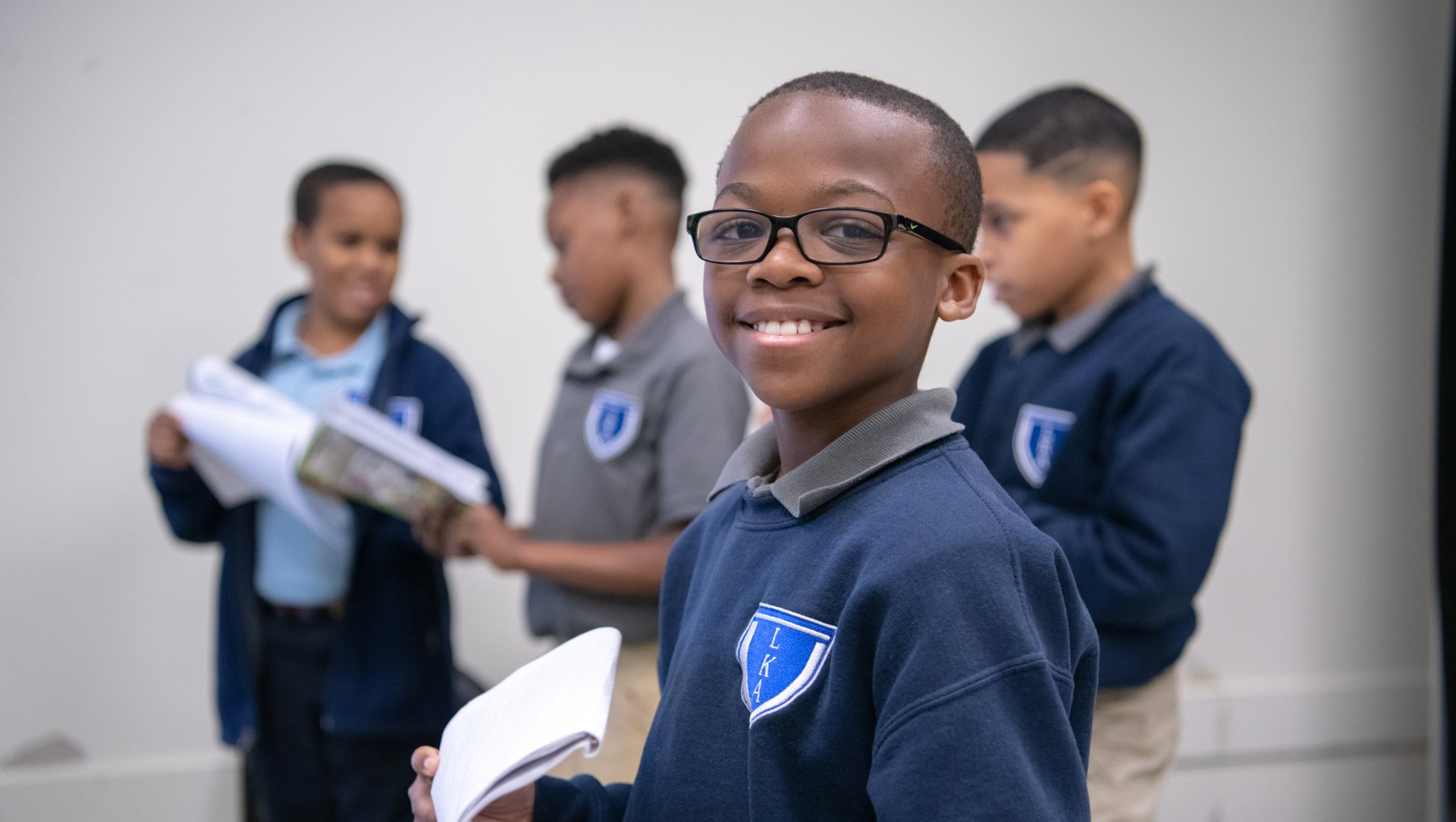What to Look For When Hiring a Reading Tutor
Help your child progress toward reading fluency.

Do you have a bright child who is struggling?
When thinking about a reading tutor, you must first understand that learning to read is the foundation of success in school and if your child is struggling or behind grade level, then time is of essence. Most bright children who are struggling with reading are dyslexic whether they are identified or not.
There are many gimmicks available so it is important to understand reading in a general sense. Reading starts with the identification of the letters of the alphabet and linking the sounds of the alphabet the written symbols. Children then take simple words apart and break them into phonemes and then reassemble them to read the word. For example CAT has three sounds C… A… T… If you are not dyslexic, then this occurs fairly automatically. As you are introduced to simple words and build upon this letter sound system the non-dyslexic acknowledges that words can be pulled apart to match the sounds of the spoken word. For dyslexic children this is difficult.
When you know you need to hire a reading tutor.
If your child is struggling to read it is important to know if they can pull the word apart as above (C...A...T…), which is called decoding and/or if they are reading by sight words. Reading involves both decoding and memorized sight words. The ability to do both results in a better reader. It is important to know if the child can decode.
Children can read simple material if they have memorized words but as text becomes more complex they will reach a roadblock. The approach of the tutor, the skills addressed, and how and what progress is monitored is important. Reading as a skill set takes off in non-dyslexic children in first and second grade so if your child is behind, time and money must be used wisely.
What to look for when choosing a tutor.
1. Certified Academic Language Therapist (CALT) or Practitioner (CALP)
Or someone who has almost completed this training. ALTA (Academic Language Therapy Association) can help you find a CALT in your area. There are plenty of reading tutors with no formal training and those with few days of training.
If your child is struggling with reading they are most likely struggling with spelling and writing. A good tutor understands this and has a comprehensive knowledge of dyslexia and will love your frustrated child.
3. The tutor needs to work with your child’s school and their teacher
To ensure the child is progressing toward reading fluency using decoding skills and oral text reading. Your child should not be overwhelmed by two systems of language, one with a tutor and one with a school.
If you need a reading tutor to help your child learn to help your child learn to read contact us at 225-384-5484 or fill out our contact form.












